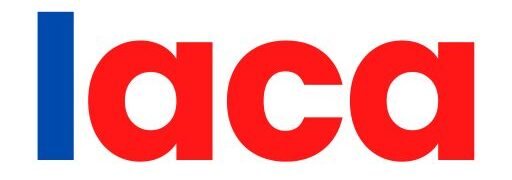The proposed revocation of H-1B and L-1 visa auto-renewal extensions, under the alleged influence of former President Donald Trump, marks a remarkable shift in the U.S. immigration landscape. This intended move stands to create ripples in the lives of Indian professionals in the U.S., many of whom depend on these visas for their long-term employment and residence.
Background on H-1B and L-1 Visas
The H-1B visa program permits U.S. firms to employ foreign workers for specialty occupations requiring theoretical or technical expertise. The L-1 allows multinational companies to transfer their executives, managers, and employees with specialized knowledge into the United States. Over the years, these visa categories have played a significant role in delivering high-skilled talent to the U.S., particularly to fill critical gaps in technology, health, and finance, with special emphasis on individuals coming in from India.
The Biden Administration Extension of Auto-Renewal Period
In January 2025, the Department of Homeland Security under the Rule of the Biden administration prepared and finalized the new rule whereby auto-renewal is extended from 180 days to 540 days regarding work authorization. This is done primarily in light of processing backlogs faced by the United States Citizenship and Immigration Service or USCIS in regulating that eligible workers do not lose their right to work because of administrative delays.
Widely-based benefit would go to doctors, immigrants, refugees, green card holders, and spouses of H-1B and L-1 visa holders. Indian workers and their families are mostly considered the number one beneficiaries of these extensions, given the large number present in these visa categories.
Proposed Revocation During Trump Administration
Trump is back on the political scene, with immigration again being a major topic of his focus. On January 31, 2025, Republican Senators John Kennedy and Rick Scott introduced a resolution under the Congressional Review Act to invalidate the Biden administration rule. They alleged extended work permit auto-renewals rubbish immigration enforcement and might endanger American jobs and security.
Trump’s political ally is in favor of tightening immigration and putting any proposed visa on an even stricter leash. If the proposal passes, it would bring that period back to 180 days, providing only a minuscule window for the visa holders to get their permits renewed without undue interruption in employment.
Effects on the Workforce in India
Indian nationals, in recent years, have held more than 70% of all H-1B visas for work in the U.S. The rollback of automatic renewal extension can have deep effects on employment, legal status, and the quality of life of Indians in the U.S.
Now, if that window of renewal were not extended, then many holders of H-1B and L-1 visas might very well go out of jobs when delays become more than 180 days with USCIS. Not only does this take away income but can also lead to illegal status and possible deportation later.
Quoting an example, the professionals in it can be said to be most vulnerable because they highly depend on very good processing time for work permits. Another touch of trouble can be added into disruption of company’s operations if key employees are rendered out of work by expired paperwork.
Reactions from Stakeholders
It has generated mixed reactions in different quarters.
- To this end, the Indian government has taken steps to ensure friendly policy ties towards both immigration and foreign relations. In another step, India proposed repatriation of around 18,000 undocumented Indian migrants from the U.S. in a bona fide effort to secure access to legitimate work visa programs such as H-1B and L-1.
- American firms especially those in the technology sector raised voices against rollback by the government. The companies are therefore required to provide the highly specialized foreign talent within the global market and failure to avail this may result in sunk business competitiveness.
- Immigrant advocacy groups therefore put their argument by that this rollback would weigh heavier on law-abiding workers who have been productive to the U.S. economy. They believe that for there to be health in the American workforce, there must be very predictable and efficient visa processes.
Conclusion
It is another chapter in the continuing immigration debate in the U.S. The possible revocation of the H-1B and L-1 work permit auto-renewal extensions would mean renewal uncertainty, legal jeopardy, and career disruption for Indian professionals and their families.
Those in favor of the revocation argue that the decision will support national security and legal integrity while the majority possessed by the critics calls such a move ignorant of the economic value and contributions offered by skilled immigrants. As the political situation changes, thousands of Indian workers remain hopeful and expectant about what it holds for their future in the U.S.




